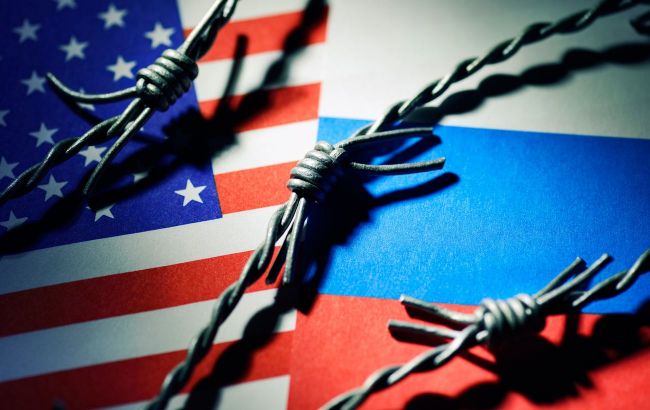U.S. sanctions cripple Russian tanker fleet, Bloomberg
 Illustrative photo (Photo: Getty Images)
Illustrative photo (Photo: Getty Images)
Part of Russia's vast fleet of tankers used to deliver crude oil is being halted due to U.S. sanctions, reports Bloomberg.
This is a sign that the strengthening of Western regulatory measures may begin to have a tangible impact on Russia.
About half of the 50 tankers that the U.S. Treasury began sanctioning on October 10 have been unable to load since being added to the list. The latest was a vessel that abruptly turned near the shores of Portugal on Thursday when its owner's name was revealed by the U.S. At the time, it was headed to a Russian port in the Baltic Sea.
Sanctions are being introduced incrementally
The U.S. has started to escalate sanctions and investigate potential violations of price limits. This move has forced many Greek tanker owners to exit the trade. According to organizations like the International Energy Agency, freight costs have sharply risen, and Russian oil is being traded at higher discounts compared to international standards.
"The picture is still fragmented because the US Treasury imposed its sanctions in batches, meaning that some ships might not have gotten to the point of loading cargoes yet anyway," Bloomberg writes.
Tankers' fate
Of the 50 tankers placed under restrictions since October 10, only 18 have managed to load. Nine of them are shuttle tankers (i.e., they load oil from platforms or vessels for the extraction and storage of raw materials). Another tanker is carrying raw materials loaded before the sanctions were imposed. Seven tankers were idle even before the sanctions, and three others may soon load.
24 sanctioned tankers belong to the Sovcomflot company SUN Ship Management D Ltd., and another 18 belong to the UAE-based company Hennesea Holdings Ltd.
Sanctions against Russia's oil industry
The G7 countries, the EU, and Australia have imposed a ceiling price on Russian sea-supplied oil at $60 per barrel. Similar restrictions on supplies of oil products from Russia have been in effect since February 5, 2023. The maximum price was set at $100 and $45 per barrel, depending on the category of oil products. It is reported that changing these restrictions requires the consent of all EU countries and G7 members.
Subsequently, Western sanctions led to half of Russia's oil and petroleum product exports in 2023 going to China, while India's share increased to 40% in two years. Europe's share in oil exports from Russia plummeted tenfold, to approximately 4-5%.
It was previously reported that Japan and other G7 countries planned to strengthen price ceiling compliance rules for Russian oil importers from February 20.

